For the past three years, W.K. Kellogg Biological Station outreach staff and fellows have offered a program focused on nature journaling. First staged in spring 2020, the program originated as a series of online sessions that combined short ... Read More
Article featuring KBS research wins outstanding paper award
A paper that examines best practices for improving soil health over time has been recognized as outstanding by the American Society of Agronomy, or ASA. The paper, spearheaded by W.K. Kellogg Biological Station resident faculty and MSU ... Read More
Discovery of frogs ‘back from the dead’ welcome news amid amphibian declines
Findings from new research conducted by W.K. Kellogg Biological Station researchers in partnership with scientists and communities in Ecuador stand in contrast to the increasingly frequent news about species extinctions—showing that ... Read More
A little prairie can go a long way: Increasing biodiversity in agricultural lands
One of our most urgent challenges is squaring the need to produce enough food for a global population with addressing the loss of biodiversity that results from converting land for agricultural use. But recent findings from W.K. Kellogg ... Read More
Wide-ranging study explores ‘evolution’s solutions to growing old’
The most comprehensive study of aging and longevity to date showed that turtles, salamanders and crocodilians (an order that includes crocodiles, alligators and caimans) have particularly slow aging rates and extended lifespans for their ... Read More
From summer program to published paper: Sowing the seeds of research
Each summer, undergraduate students come to W.K. Kellogg Biological Station for the unique opportunity to live, study, and do hands-on research at an internationally known field station. And for some students, like Sarah Johnson, that ... Read More
KBS researchers show that bacteria don’t need to be alive to spread antibiotic resistance in soil
Recent research from W.K. Kellogg Biological Station scientists showed that dead bacteria can spread antibiotic resistance in soil after their demise, through a process called horizontal gene transfer. The paper, published in the journal ... Read More
Study on no-till practices highlights the importance of long-term research
A recent paper by W.K. Kellogg Biological Station scientists and others suggests that the best time to transition to no-till farming practices may have been decades ago. The second-best time may be now. The study's results speak to the ... Read More
Genetic rescue warrants consideration as a conservation measure for some populations
A primary concern of assisted gene flow—introducing individuals from a different geographical location to a small fragmented group of the same species to encourage genetic rescue—is disruption of local adaptation. A new study, published in ... Read More
Shelter from the storm: Increasing resiliency of rare species in hurricane-prone areas
What happens when a major hurricane careens through a rare, fragmented ecosystem? North Carolina State University researcher Erica Henry and others, including W.K. Kellogg Biological Station ecologist Nick Haddad, found themselves in a ... Read More

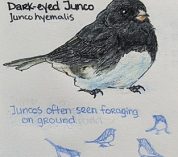
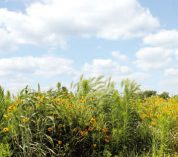
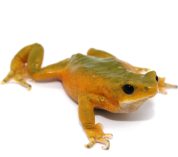
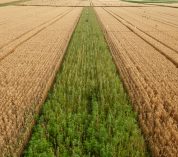
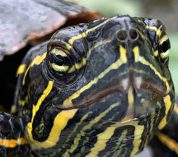
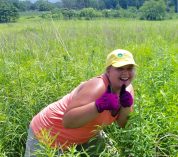
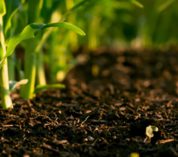
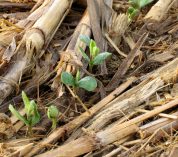
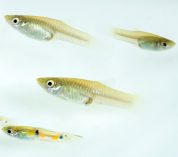
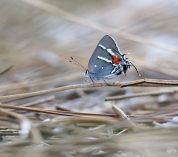
A legacy of conservation; a commitment to sustainability.
3700 E. Gull Lake Drive
Hickory Corners, MI 49060
(269) 671-5117
info@kbs.msu.edu